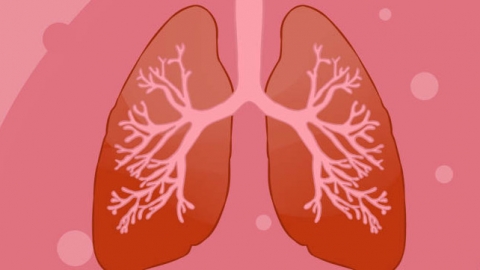Can cilia regenerate and repair after quitting smoking?
Cilia usually can regenerate and repair after quitting smoking, but the degree of recovery may vary from person to person.

Cilia are an essential component of respiratory epithelial cells, clearing dust, bacteria, and mucus from the airways by beating, thus protecting lung health. Long-term smoking damages cilia, leading to weakened or even lost function. If the damage caused by smoking is not severe, cilia can begin to regrow within weeks to months after quitting smoking and gradually resume normal function.
The earlier smoking cessation occurs, the greater the likelihood of ciliary recovery. Long-term smokers may require a longer time for ciliary function to recover. Individual health status can influence ciliary regeneration; those in better health generally recover ciliary function more easily. Some long-term heavy smokers may need a longer time for ciliary recovery. Additionally, the presence of other lung diseases may impair ciliary regeneration.
It is recommended to engage in appropriate physical activities in daily life, such as brisk walking, jogging, and swimming, which can enhance cardiopulmonary function, promote pulmonary blood circulation, and provide sufficient oxygen and nutrients for ciliary regeneration.




